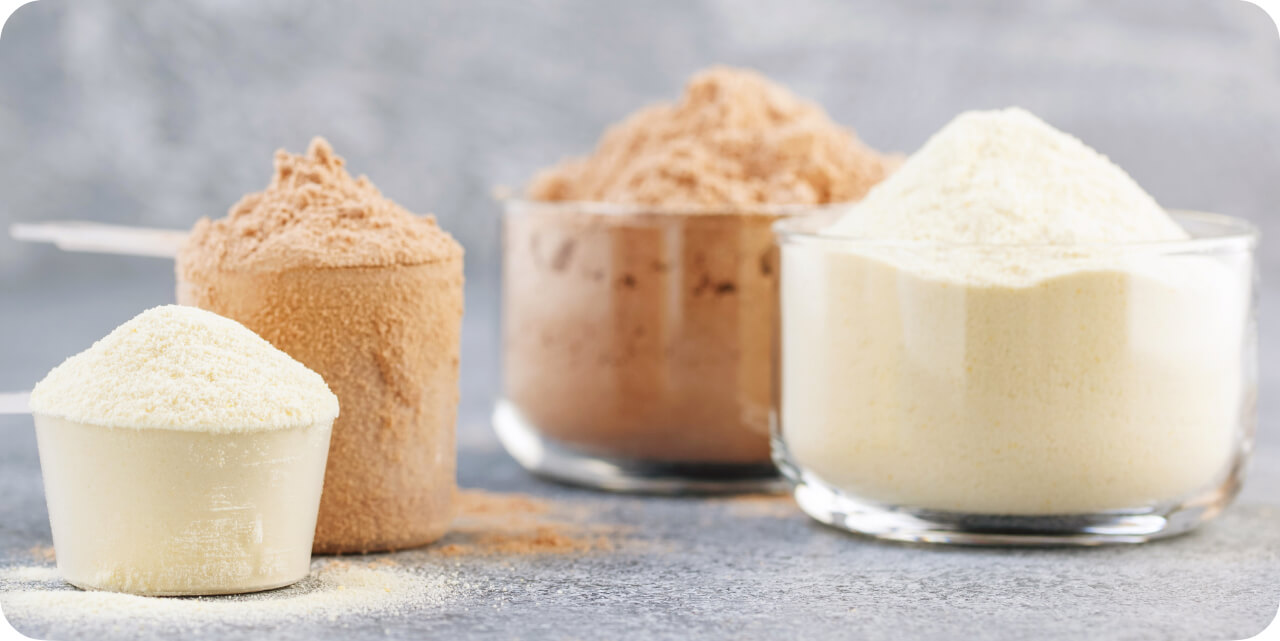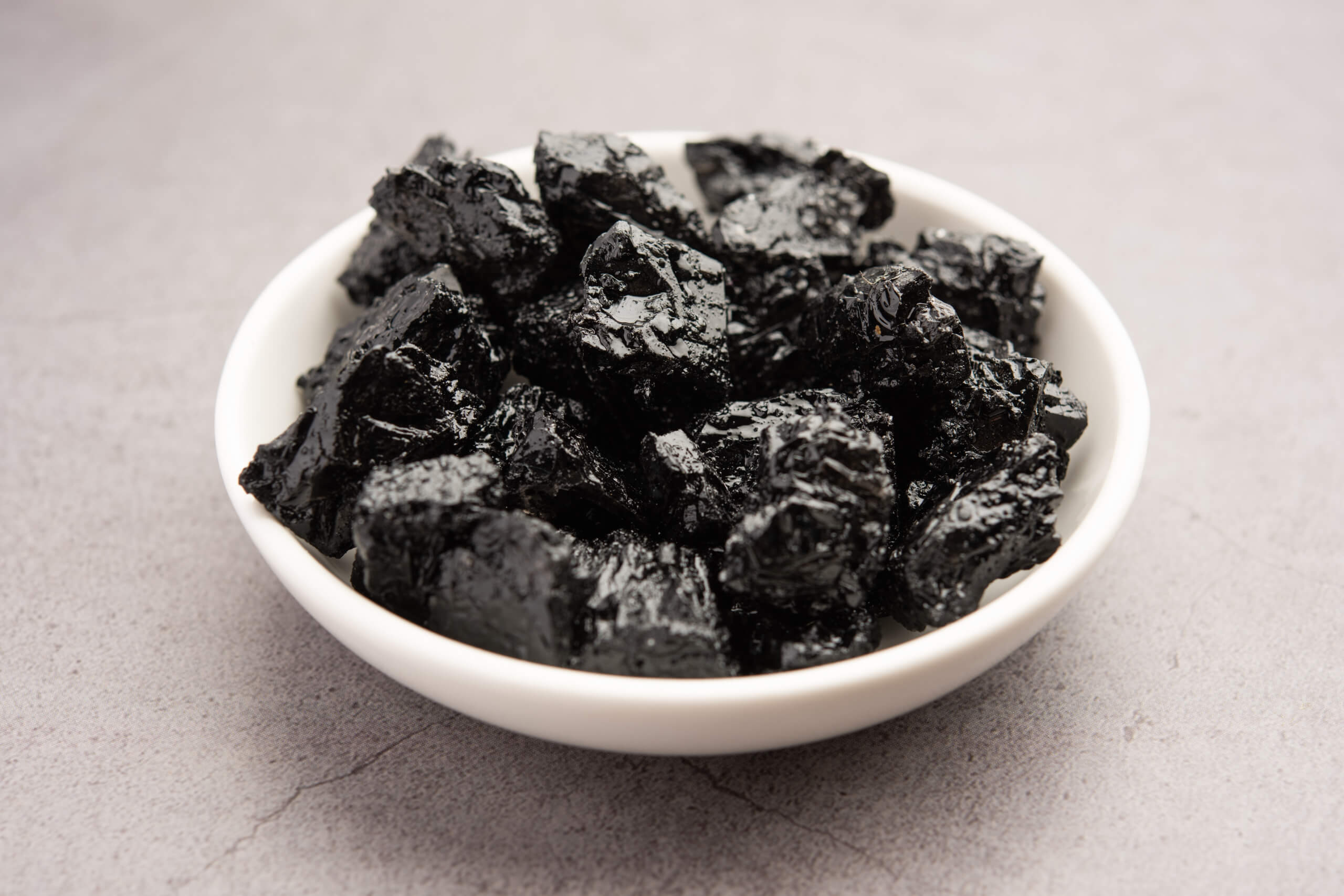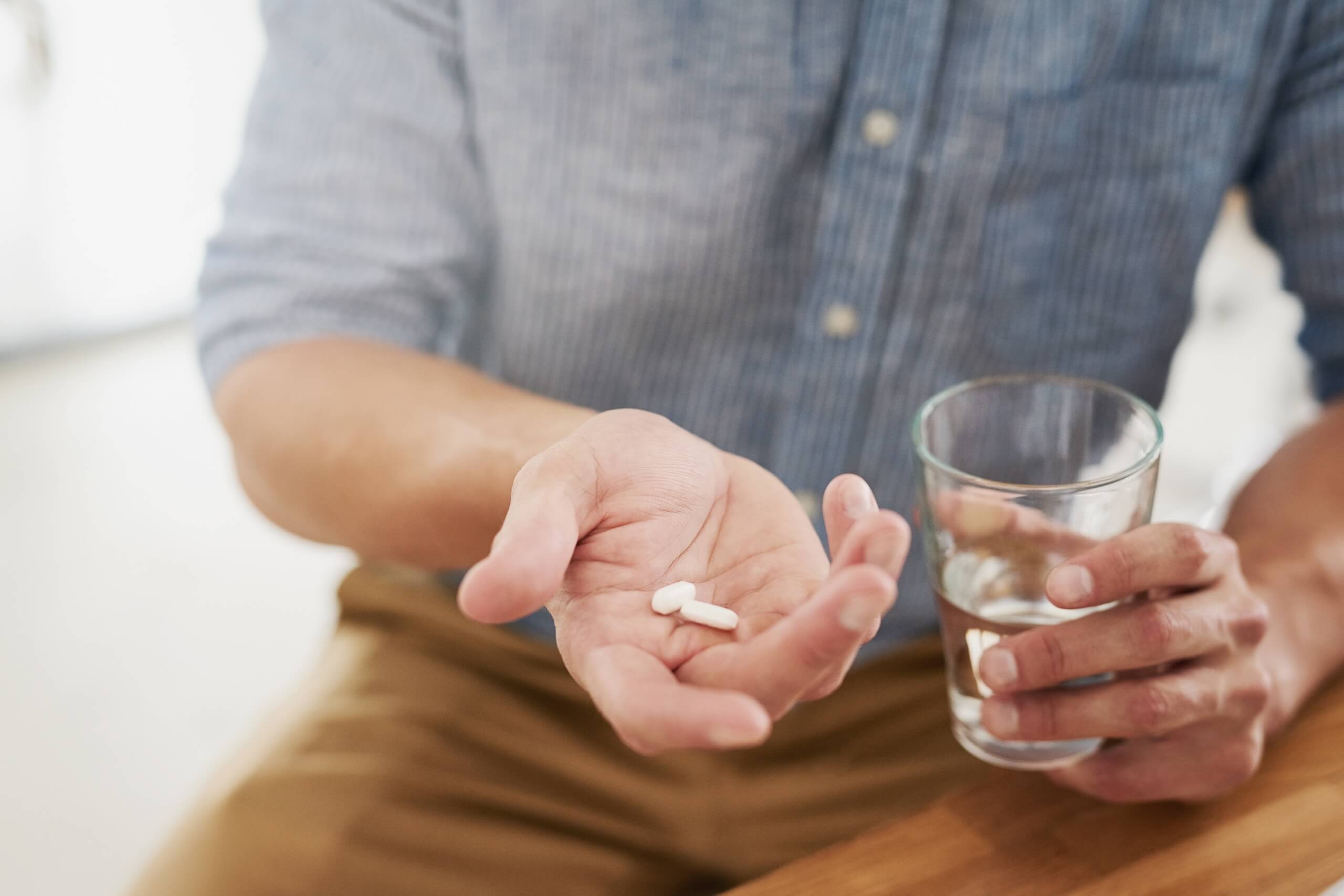Introduction to Protein and Muscle Gain
Muscle gain isn’t just about lifting weights; it’s about fueling your body with the right nutrients. Protein serves as the building block for muscle tissue, aiding recovery, growth, and repair after intense workouts.
Importance of Protein for Muscle Building
Protein is essential for muscle recovery and growth. Without adequate protein intake, your body can struggle to repair the micro-tears in muscle fibres caused by exercise, slowing your progress and making gains harder to achieve.
How Much Protein Do You Need?
The recommended daily intake of protein varies, but for muscle gain, many experts suggest 1.6 to 2.2 grams of protein per kilogram of body weight. This amount helps to optimise muscle repair and growth.
Animal-Based Protein Sources
Animal proteins are generally considered complete proteins, meaning they contain all nine essential amino acids. Here are some of the best sources:
Chicken Breast
A lean and versatile source of protein, chicken breast offers about 31 grams of protein per 100 grams, making it ideal for muscle building.
Lean Beef
Beef is rich in both protein and iron, providing essential nutrients that support muscle health. Look for lean cuts like sirloin or tenderloin to keep fat content lower.
Eggs
Eggs are packed with high-quality protein and essential nutrients. A large egg contains around 6 grams of protein, and egg whites are especially rich in protein.
Fish (Salmon, Tuna)
Fish like salmon and tuna offer high protein and healthy fats. Salmon is particularly beneficial as it’s loaded with omega-3 fatty acids, which help reduce muscle inflammation.
Greek Yogurt
Greek yogurt is an excellent protein source, with about 10 grams of protein per 100 grams. It’s also rich in probiotics, which can aid digestion and nutrient absorption.
Plant-Based Protein Sources
Plant-based proteins can be just as effective for muscle building, especially when combined to ensure a full amino acid profile.
Lentils
Lentils offer 18 grams of protein per cup and are packed with fibre, making them a great option for vegans and vegetarians aiming to build muscle.
Chickpeas
Chickpeas are versatile and contain about 15 grams of protein per cup. They can be added to salads, stews, or even roasted as a snack.
Tofu and Tempeh
Tofu and tempeh, both made from soy, offer a solid protein source. Tofu contains about 8 grams of protein per 100 grams, while tempeh is slightly higher, providing around 15 grams per 100 grams.
Quinoa
Quinoa is unique for being a complete plant protein, with about 8 grams of protein per cup. It’s also high in essential amino acids like lysine and isoleucine.
High-Quality Protein Supplements
Protein supplements can be highly beneficial, especially for those who struggle to meet their protein needs through food alone.
Whey Protein
Whey protein is quickly absorbed, making it a popular choice for post-workout recovery. It contains all essential amino acids and promotes muscle protein synthesis.
Casein Protein
Casein is a slower-digesting protein, making it ideal for times when a steady release of protein is desired, such as before bed.
Emerging Protein Sources
Insects as Protein (e.g., Crickets)
Crickets and other edible insects are gaining popularity as a sustainable protein source. They’re rich in protein and other essential nutrients.
Plant-Based Protein Powders (e.g., Pea Protein)
Pea protein is hypoallergenic and provides a good amino acid profile, making it a solid choice for those with dietary restrictions.
Comparison: Animal vs. Plant Protein
Animal proteins are complete, but plant proteins can also be complete when combined correctly. Studies suggest that both can be effective for muscle gain when consumed adequately.
When and How to Consume Protein for Optimal Muscle Growth
Timing (Pre- and Post-Workout)
It’s beneficial to consume protein before and after workouts to support muscle repair and growth.
Protein Synthesis Window
There is a “protein synthesis window” post-workout, typically lasting around 1-2 hours, during which consuming protein may maximise muscle gains.
How Mr Test from Ultra Nutrio Supports Muscle Building
Mr Test is a powerful supplement designed to aid muscle growth and recovery, thanks to its unique blend of ingredients. Mr Test from Ultra Nutrio includes horny goat weed, shilajit, turkesterone, fadogia agrestis, zinc, and tongkat ali, all of which are known for supporting testosterone levels, muscle growth, and recovery.
Creating a Balanced Diet for Muscle Gain
Incorporating a mix of animal and plant-based protein sources, as well as quality supplements like Mr Test, can help ensure you’re meeting your protein and nutrient needs.
Common Protein Intake Mistakes to Avoid
- Neglecting Protein Timing: Consuming protein only once a day may limit muscle growth.
- Skipping Plant Proteins: Even if you eat animal protein, plant proteins offer essential nutrients that enhance overall health.
- Over-relying on Supplements: While helpful, supplements shouldn’t replace whole food protein sources.
Conclusion
Achieving muscle gain involves a combination of consistent training and a protein-rich diet. Both animal and plant protein sources provide unique benefits, so including a variety in your diet is essential. With options like whey protein for quick absorption and Mr Test from Ultra Nutrio to enhance muscle-building potential, reaching your goals can be more achievable than ever.
FAQs on Protein for Muscle Building
- What is the best protein source for muscle gain? Animal-based sources like chicken, beef, and fish are great, but plant-based proteins can be equally effective when combined correctly.
- How much protein should I eat for muscle gain? Aim for 1.6 to 2.2 grams of protein per kilogram of body weight.
- Is Mr Test suitable for muscle building? Yes, Mr Test contains ingredients like turkesterone and tongkat ali, known to support muscle growth.
- Can I build muscle with plant-based protein alone? Absolutely! With a balanced mix of plant-based proteins, muscle gain is achievable.
- Should I eat protein before or after a workout? Ideally, consume protein both before and after a workout to maximise muscle repair and growth.
Related Posts
27/11/2024
The Benefits of Shilajit for Testosterone and Muscle Mass
Have you ever heard of Shilajit? This sticky, tar-like substance has been revered in Ayurvedic medicine for thousands…
15/11/2024
How TongKat Ali Boosts Testosterone: What You Need to Know?
Struggling with energy levels, mood swings, or difficulty gaining muscle? These could all be signs of low testosterone.…
03/11/2024
Strategies to Combat Male Hair Loss
Male hair loss is a common challenge affecting men worldwide, with a multitude of factors contributing to this concern.…
22/10/2024
How to Combat Fatigue and Increase Energy Naturally for Men
Fatigue can sneak into your life for several reasons, and when it hits, it feels like you're dragging yourself through…
10/10/2024
Effective Strength Training Workouts for Muscle Growth
Strength training is one of the most effective ways to increase muscle mass. Whether you’re lifting weights or using…
28/09/2024
5 Lifestyle Changes to Improve Men’s Mental Health
Mental health is just as important as physical health, yet it often doesn't receive the attention it deserves,…
16/09/2024
How to Improve Prostate Health with Natural Supplements
Maintaining prostate health is crucial for men, especially as they age. A healthy prostate not only supports urinary…
04/09/2024
Supplements for Muscle Recovery and Performance Enhancement in Men
In the pursuit of fitness goals, muscle recovery and performance enhancement are two critical components that can make…
23/08/2024
5 Reasons to Add Mr Test to Your Muscle-Building Routine
Building muscle isn’t just about lifting heavy weights—it’s also about supporting your body with the right nutrients…











